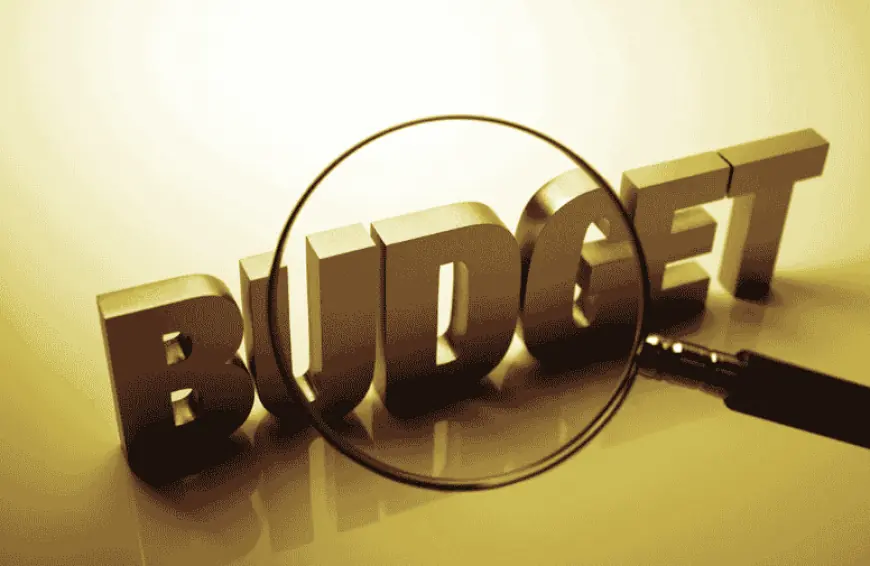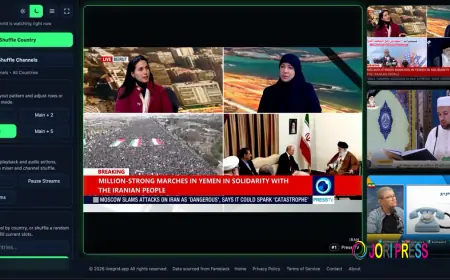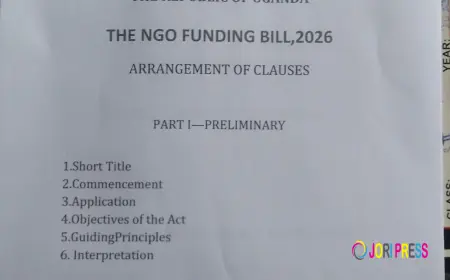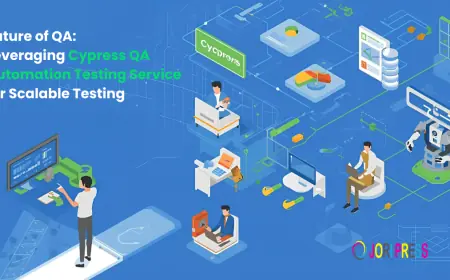Why Do Most Americans Live Paycheck to Paycheck? (And How to Escape)

Living paycheck to paycheck has become a harsh reality for millions of Americans. Despite earning steady incomes, many struggle to cover basic expenses, leaving little to no room for savings or emergencies. This financial strain affects people across all income levels, from minimum-wage workers to six-figure earners.
But why is this happening, and more importantly—how can you break free from this cycle? In this blog post, we’ll explore the key reasons behind this financial struggle and provide actionable steps to help you regain control of your finances.
Why Are So Many Americans Living Paycheck to Paycheck?
1. Stagnant Wages vs. Rising Costs
While the cost of living has skyrocketed over the past few decades, wages have not kept up. Housing, healthcare, education, and groceries have all become significantly more expensive, while salary increases remain sluggish.
-
Housing: Rent and mortgage payments consume a large portion of income.
-
Healthcare: Medical expenses and insurance premiums continue to rise.
-
Education: Student loan debt burdens many Americans for decades.
-
Groceries & Utilities: Inflation has made everyday essentials more costly.
2. High Levels of Debt
Many Americans rely on credit cards, personal loans, and other forms of debt to make ends meet. High-interest debt, such as credit card balances, can quickly spiral out of control, trapping people in a cycle of minimum payments and growing balances.
3. Lack of Financial Literacy
Most people are never taught how to budget, save, or invest effectively. Without proper financial education, it’s easy to mismanage money, overspend, and fail to plan for the future.
4. The "Lifestyle Inflation" Trap
As people earn more, they often increase their spending—bigger houses, newer cars, luxury items—instead of saving or investing the extra income. This leaves them just as financially vulnerable as before, despite higher earnings.
5. Unexpected Emergencies
Without an emergency fund, unexpected expenses like car repairs, medical bills, or job loss can force people to rely on credit or drain their savings, pushing them back into financial instability.
How to Escape the Paycheck-to-Paycheck Cycle
Breaking free from living paycheck to paycheck requires discipline, planning, and smart financial habits. Here’s how you can start:
1. Track Your Spending & Create a Budget
-
Use budgeting apps or a simple spreadsheet to monitor income and expenses.
-
Identify unnecessary spending (subscriptions, dining out, impulse purchases).
-
Follow the 50/30/20 rule:
-
50% on needs (rent, groceries, bills)
-
30% on wants (entertainment, hobbies)
-
20% on savings & debt repayment
-
2. Build an Emergency Fund
-
Start small: Aim for $500-$1,000 initially.
-
Eventually, save 3-6 months’ worth of expenses.
-
Keep this fund in a high-yield savings account for easy access.
3. Pay Down High-Interest Debt
-
Focus on credit cards and personal loans first (highest interest rates).
-
Use the debt avalanche method (pay highest interest first) or debt snowball method (pay smallest balances first for motivation).
-
Consider balance transfer cards or debt consolidation loans for lower rates.
4. Increase Your Income
-
Ask for a raise or pursue higher-paying job opportunities.
-
Start a side hustle (freelancing, gig economy, online business).
-
Sell unused items or monetize a skill (tutoring, consulting).
5. Cut Unnecessary Expenses
-
Cancel unused subscriptions.
-
Cook at home instead of eating out.
-
Shop with a list and avoid impulse buys.
-
Use cashback apps and coupons for savings.
6. Invest in Financial Education
-
Read personal finance books ("The Total Money Makeover" by Dave Ramsey, "Rich Dad Poor Dad" by Robert Kiyosaki).
-
Follow reputable financial blogs and podcasts.
-
Consider speaking with a financial advisor for personalized advice.
7. Automate Savings & Bill Payments
-
Set up automatic transfers to savings accounts.
-
Automate bill payments to avoid late fees.
-
Use employer-sponsored retirement plans (401k matches are free money!).
Final Thoughts: Take Control of Your Finances
Living paycheck to paycheck is stressful, but it doesn’t have to be permanent. By understanding the root causes—stagnant wages, debt, poor financial habits—you can take proactive steps to improve your situation.
Start small: track your spending, cut unnecessary costs, and build an emergency fund. Over time, these habits will help you break free from financial stress and create long-term stability.
Remember, financial freedom isn’t about how much you earn—it’s about how well you manage what you have. Take the first step today!
— Razblog
What's Your Reaction?
 Like
0
Like
0
 Dislike
0
Dislike
0
 Love
0
Love
0
 Funny
0
Funny
0
 Angry
0
Angry
0
 Sad
0
Sad
0
 Wow
0
Wow
0
















































